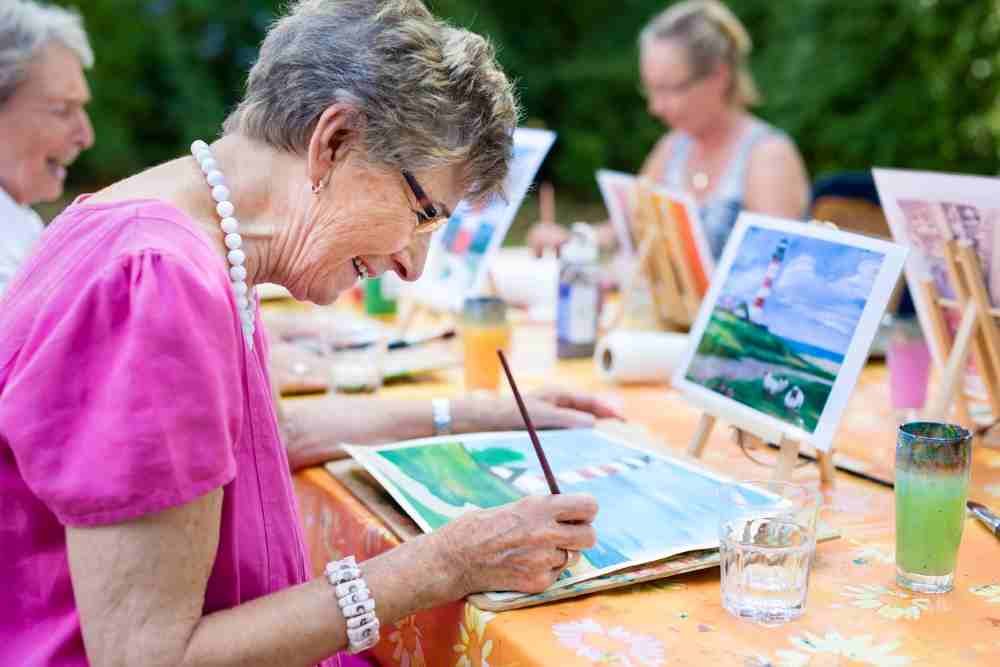We all crave connections. It’s human nature. But for many elderly individuals and people with disabilities, social interactions are a rare luxury. Yes. Social isolation among older individuals with disabilities is a silent epidemic.
Medicine, mobility, and meals are fine, but what about care that comes through a smile, a touch, or a conversation? Aren’t these the basic human needs? Let’s talk about why human connection is the best form of care in this blog.
Understanding the Scope of Isolation in Aged and Disability Care
Isolation in aged and disability care extends far beyond the physical. It penetrates deeply into the emotional, mental, and psychological toll of individuals. Hence, this makes it a critical yet often under-addressed aspect of health and well-being in aged care and disability care.
Health Implications
Loneliness rewires the brain. Here are some of its physiological & psychological impacts:
- Cognitive Decline: Socially isolated seniors are more likely to develop dementia.
- Mental Health Risks: Loneliness is linked to higher rates of depressive episodes and anxiety, affecting overall well-being.
- Physical Health Consequences: Isolation increases stress hormones, leading to higher blood pressure and cardiovascular risks.
The Emotional Struggles Of Isolation
Loneliness doesn't come from being alone; it comes from feeling unseen. For individuals in aged & disability care, social interactions shape identity. When these interactions diminish, individuals may experience:
- Loss of self-worth & identity, due to reduced social interactions.
- Feelings of abandonment and neglect, especially in institutional settings.
- The shrinking social circle as loved ones pass away or move away.
Importance of Social Connection in Aged and Disability Care
Let’s be honest: No one wants to feel forgotten, especially in the later stages of life. When social connections are fostered, little moments become big deals. For people living in aged and disability care, these connections help develop identity, autonomy, and a sense of purpose.
How Social Connections Boost Well-Being?
Okay, what happens when someone has regular, quality social contact? Well, for starters, it lights up their brain and mood. It also does wonders for:
- Mental Health: Less anxiety and depression, more emotional resilience.
- Physical Health: People who receive support, love, and empathy are said to have healthier hearts and lower blood pressure.
- Sense of Purpose: Social connection gives people something to look forward to. And this motivation often translates into better self-care.
Role of Caregivers
Caregivers are the frontline faces of connection. Their presence, tone, and approach set the emotional tone for the person in care. For some of these reasons it is extremely important for an aged care courses provider to impart right kind of training to their students.
Yes, sometimes a warm smile, kind words, or casual chat can completely transform someone’s mood. Two minutes of small talk can:
- Offer emotional grounding
- Boost the sense of being valued
- Break up the monotony of the day
- Encourage participation in group or social activities
- Help set up video or phone calls with loved ones
- Facilitate hobbies or games
To go an extra mile, they can:
Final Call
Isolation in aged and disability care is a crisis we can’t ignore. Therefore, preventing it is a professional and ethical responsibility. Social connection enhances mental, emotional, and physical health, reducing healthcare costs and improving quality of life.
Start your journey today with National College Australia. Talk to our expert counsellors and choose the right path to make a real human impact. Because at the end of the day, care that connects is care that counts.
Let’s break the silence and ensure everyone feels seen, heard, and valued.




